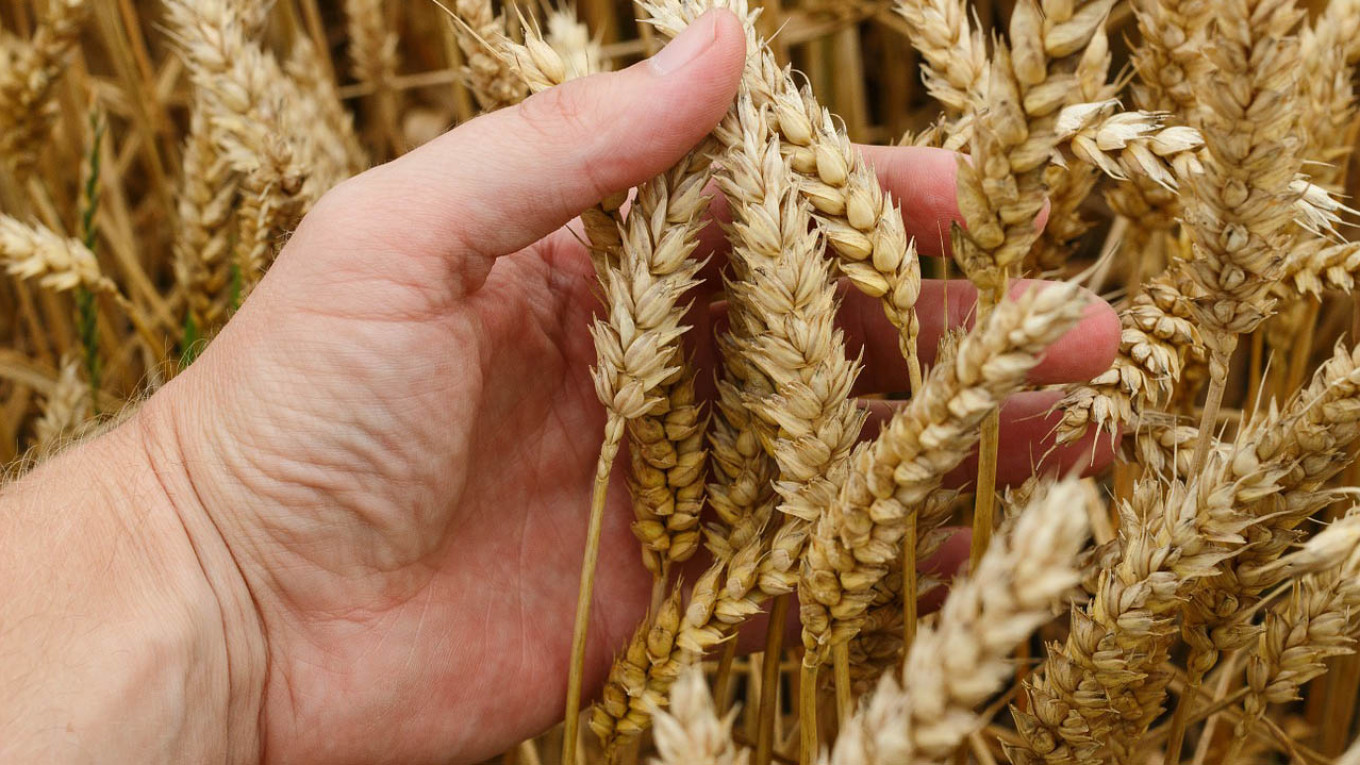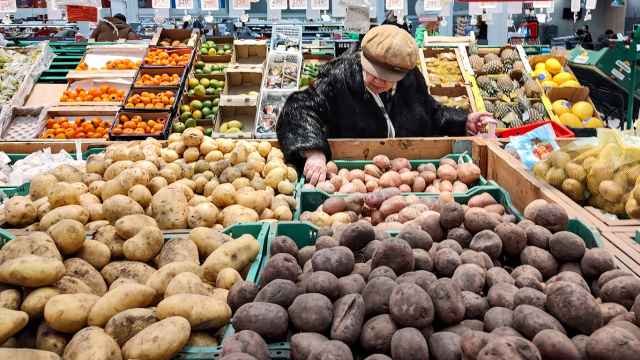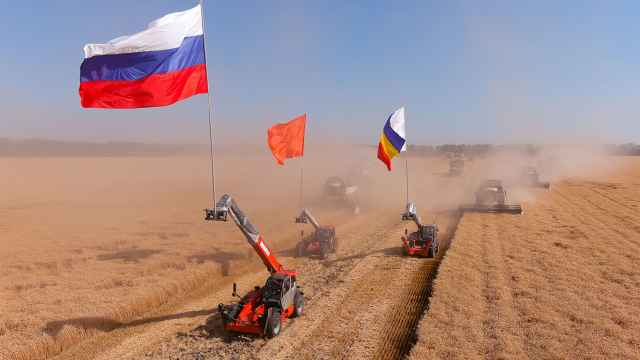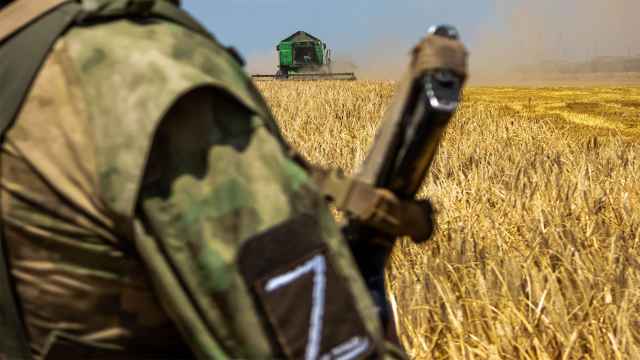Russia is projected to have a solid harvest of over 77 million metric tons of wheat and 38.4 million metric tons of feed grain — corn, sorghum, barley, rye, oats and millet — a total of 115.4 million metric tons in 2019, the Vedomosti daily reported, citing the U.S. Department of Agriculture (USDA).
Russia's Agriculture Ministry is currently forecasting a harvest of 118 million metric tonnes of grains, up 5 percent year-on-year and including 75 million - 78 million metric tonnes of wheat. Other Russian agricultural agencies, and market players, are projecting a harvest of 125 million - 130 million metric tons, including more than 80 million metric tons of wheat.
As reported by bne IntelliNews, Russia is currently the world’s top wheat exporter. It is also among the leaders in exports of fish and sunflower oil. It is now a net exporter of poultry and self sufficient in pork and is making headway in covering its own needs in beef.
In 2019, apart from making Russia the world's largest exporter of wheat for the third year in a row, a solid harvest would reinforce downwards inflationary dynamics and help the central bank to lower interest rates.
Russia could export 42 million to 46 million metric tons of wheat in 2019, out of total global output of about 777 million metric tons.

Analysts surveyed by Vedomosti believe the USDA’s moderate wheat harvest forecast for Russia will help the country’s producers as it is likely to keep prices stable despite the rising output of wheat both in Russia and abroad.
Notably, part of the discrepancy between the Russian and USDA forecasts stems from the U.S. not including about 1 million tonnes of grain that will be harvested in the annexed Crimea peninsula, and Russia’s inclusion of some legumes and buckwheat.
The forecast for 118 million metric tons of grain is down on the record 135 million that Russia gathered in 2018, but still well above the five-year average. Grain harvests have been rising steadily in recent years following massive state investment.
Russia is now earning some $20 billion a year from grain exports — more than it earns from arms exports. Combined exports of agricultural products grew by 20 percent to $25.9 billion in 2018, almost twice as much as exports of arms and weapons.
Ukraine is also expecting another bumper harvest and may out-export Russia as a result. Ukraine brought in 70 million metric tons of grain in the last marketing year and exported a total of 39.4 million.
This year the Ukrainian Agricultural Ministry is expecting the harvest of be on a par with last year’s, but predicting that exports could be as high as 50.4 million metric tons, which would make Ukraine the world’s biggest exporter. With a population a third of the size of Russia’s, Ukraine can afford to export a much larger share of its harvest than Russia.
This article first appeared in bne IntelliNews.
A Message from The Moscow Times:
Dear readers,
We are facing unprecedented challenges. Russia's Prosecutor General's Office has designated The Moscow Times as an "undesirable" organization, criminalizing our work and putting our staff at risk of prosecution. This follows our earlier unjust labeling as a "foreign agent."
These actions are direct attempts to silence independent journalism in Russia. The authorities claim our work "discredits the decisions of the Russian leadership." We see things differently: we strive to provide accurate, unbiased reporting on Russia.
We, the journalists of The Moscow Times, refuse to be silenced. But to continue our work, we need your help.
Your support, no matter how small, makes a world of difference. If you can, please support us monthly starting from just $2. It's quick to set up, and every contribution makes a significant impact.
By supporting The Moscow Times, you're defending open, independent journalism in the face of repression. Thank you for standing with us.
Remind me later.






